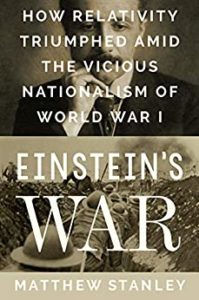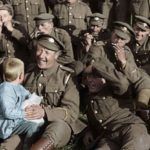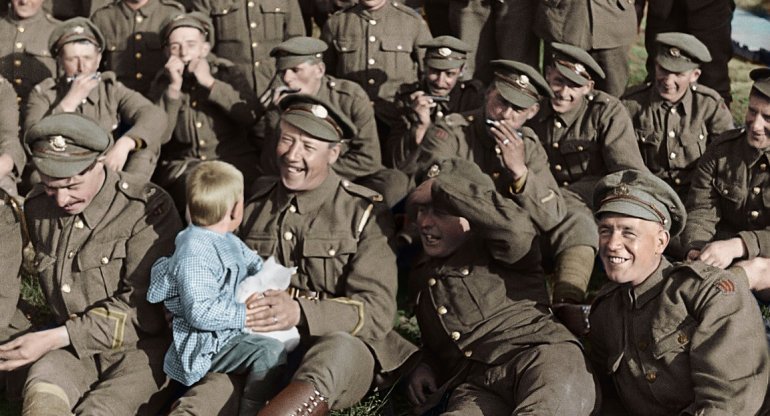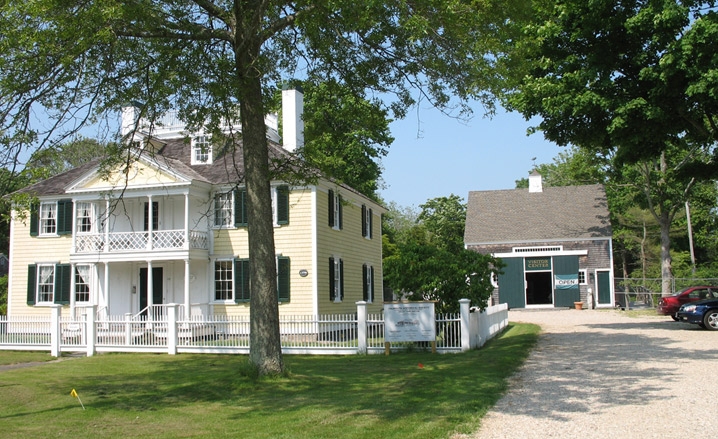 EINSTEIN’S WAR:
EINSTEIN’S WAR:
How Relativity Trimphed Amid the Vicious Nationalism of World War
“Stanley is a storyteller par excellence.”–The Washington Post
The Great War, the industrialized slaughter that bled Europe from 1914 to 1918, shaped Albert Einstein’s life and work. Although he never held a rifle, he formulated the mind-bending theory of general relativity while blockaded—and literally starving–in Berlin. While some of his colleagues were fighting against rabid nationalism or inventing chemical warfare, Einstein was struggling to craft relativity and persuade the world that this complete revision of our conception of the universe was correct. Victory wasn’t easy on either front. Scientists seeking to confirm Einstein’s ideas were arrested as spies. Technical journals were banned as enemy propaganda. Colleagues died in the trenches. Einstein was separated from his most crucial ally, astronomer A. S. Eddington, by barbed wire and U-boats. Finally, in May of 1919, when Europe was still in chaos from the war, Eddington led a globe-spanning expedition to catch a fleeting solar eclipse. It was a rare opportunity to confirm Einstein’s bold prediction that light has weight. Many saw the result as the proof of relativity—which put Einstein on front pages around the world.
REGISTER THROUGH EVENTBRITE
NONMEMBERS $10/MEMBERS $5
PURCHASE THIS BOOK ONLINE FROM EIGHT COUSINS BOOKSTORE
MANY THANKS TO OUR SPONSORS









